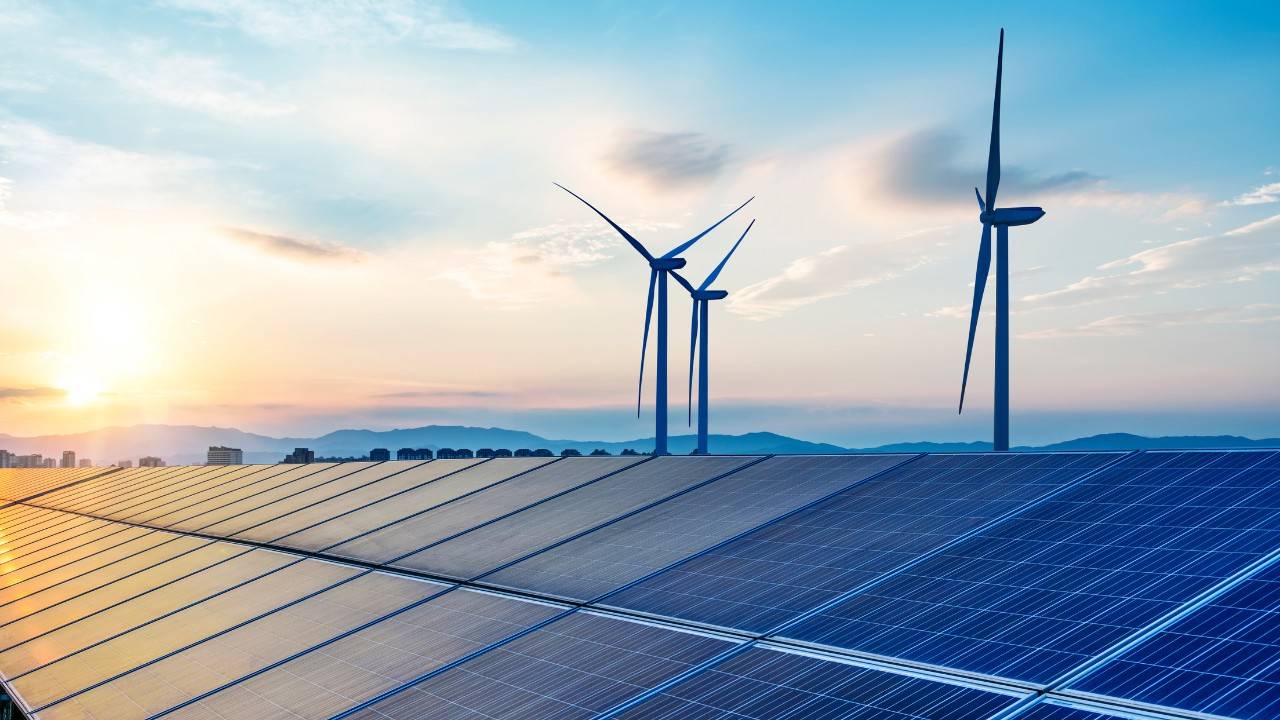Brazil’s Renewable Energy Subsidies Set to Eclipse Fossil Fuels
- By: Samira Tasneem
- Published:
Brazil's renewable energy subsidies to surpass fossil fuels by 2024, impacting electric bills as the country pushes for green transition.

Samira Tasneem
Samira is an Electronics and Communications Engineer by profession, but deep inside, her heart is a nomad! She's a state champion debater, a public speaker, a scriptwriter, a theater actress, but most importantly — A GREEN CITIZEN! She thinks of herself as a storyteller who thrives on enjoying the life at fullest and telling everyone the tales of life.
Subscribe to our newsletter
Please correct the marked field(s) below.
We are committed to your privacy.
